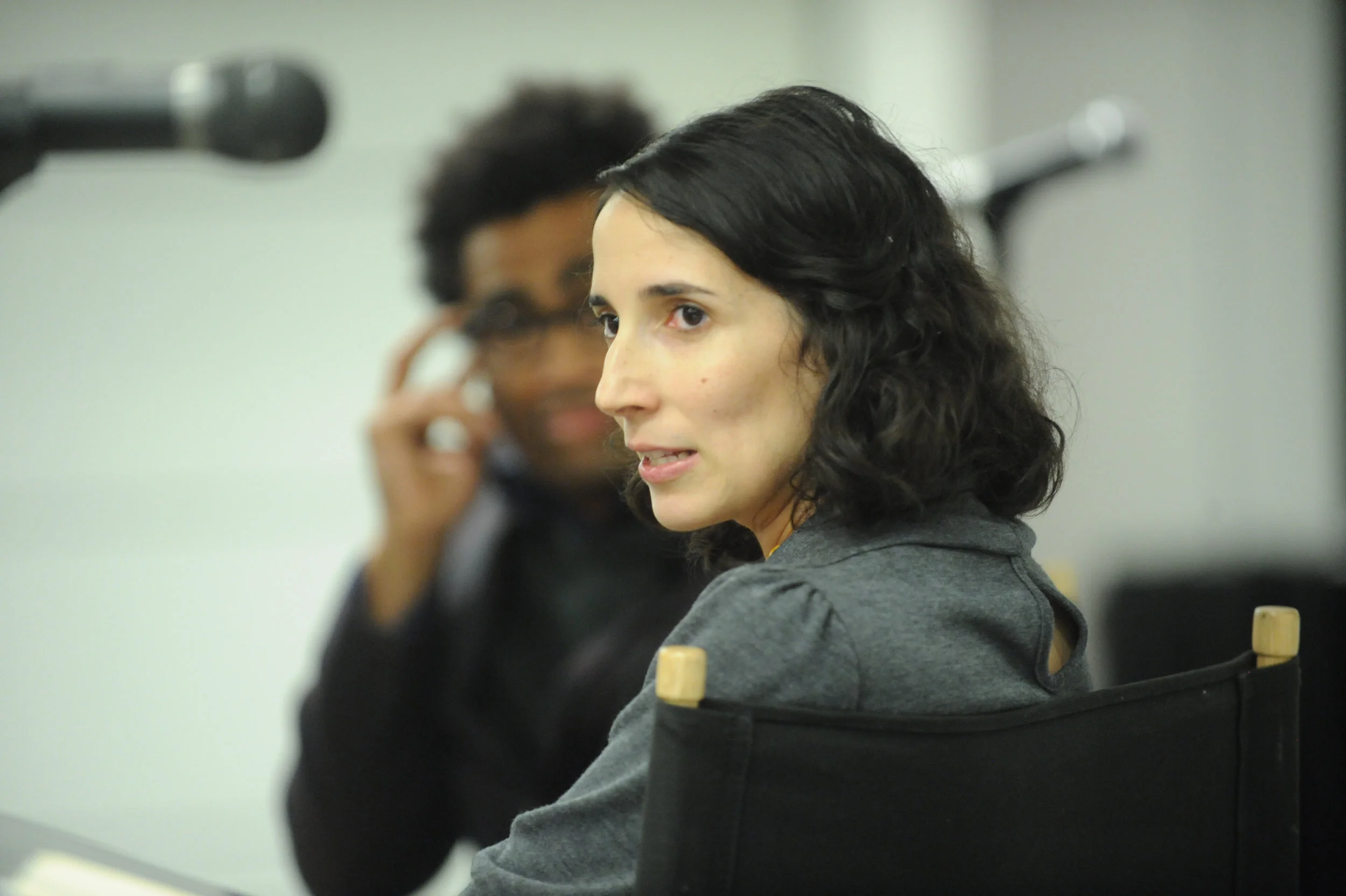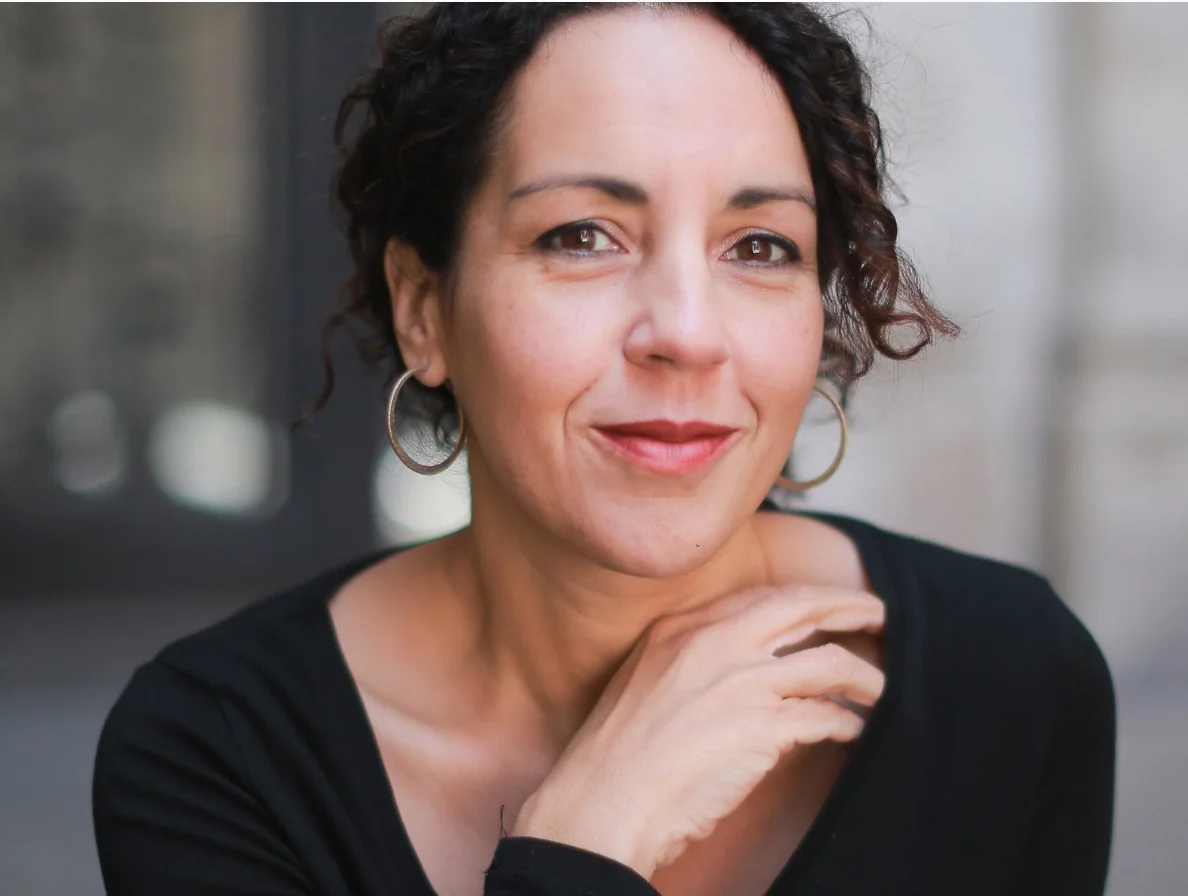I followed some instinct of “Do it now!” and leapt to publish when I won Dzanc’s contest – and now I’m really glad I did! I feel two things: 1) that it really benefited me psychologically to just f-ing publish and now a lot of floodgates are opened just because of that, as well as from the incredible reception that my book has been blessed to receive, especially considering the modest small press underpinnings, and 2) I am grateful that I was around, in the Dzanc multiverse, to pressure them hard to remove an Islamophobic title from their list that they’d accepted years before I won that contest. They stopped printing the book and recalled many of the copies that had gone out. They reverted the rights back to the author and cut all ties.
An Interview With Anita Felicelli
I wanted to explore how competing memories can inform the personal impetus towards reinvention or staying on-script. Most of the past, the collective memories in these stories is submerged, underwater, cut Hemingway-style from the final stories, but I hope a thoughtful reader senses the depth of the iceberg without explicit direction.
An Interview With Angie Cruz
And I thought that's exactly what I want, for the writing to enact the claustrophobia of being trapped in a situation, an apartment, with an abusive man. It got me thinking that maybe patriarchy, machismo, the toxic culture of it also persists because we continue to be invested in survivor narratives? Why should the writing be comfortable, easy, even relatable? We are inundated with narratives that say yes, things are hard, but in the end even in the most challenging circumstances, if you find the resources in yourself, even when the system has a boot on your neck, things turn out well. That's part of the myth making in the dominant immigrant narratives. But we are not okay.








